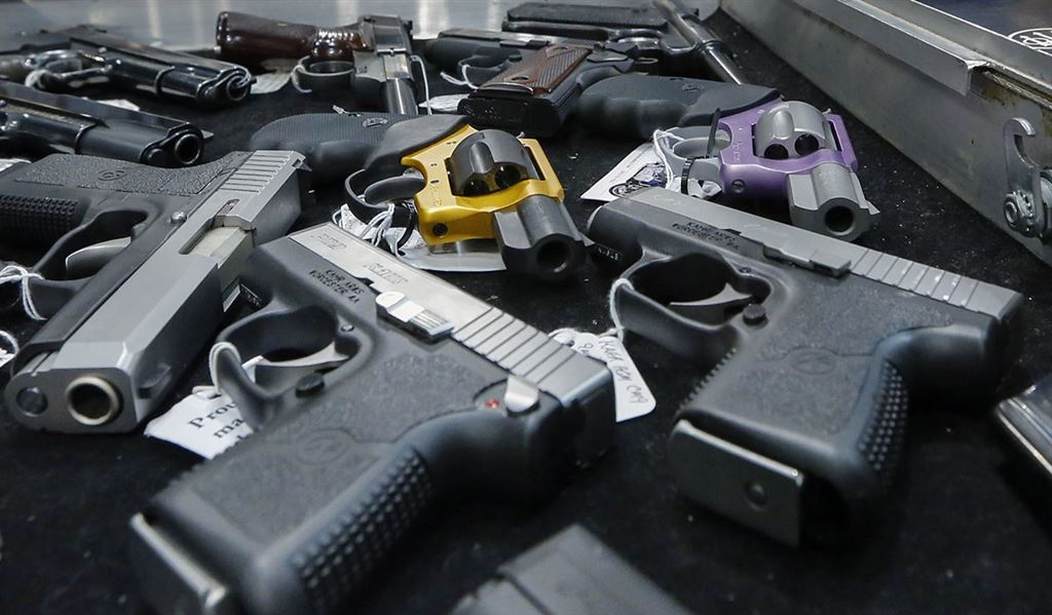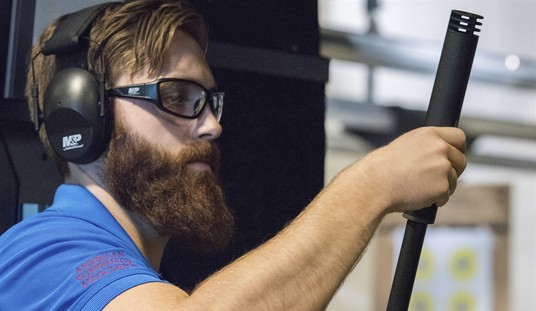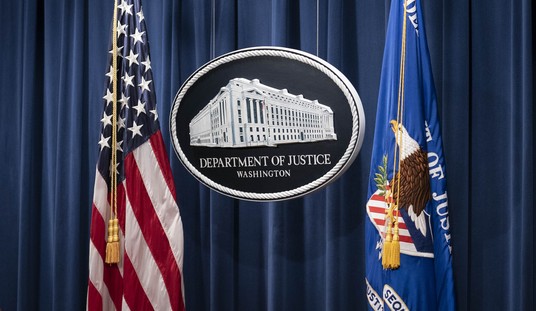In some parts of the nation, legal adults under the age of 21 are treated like second-class citizens. Sure, they can be drafted into the military, at least in theory, as well as vote, sign contracts, live on their own, and so on, but they can’t buy a firearm.
Tennessee isn’t one of those places. There’s not a lot of chance of the Volunteer State passing such a law anytime soon.
In fact, there’s a lawsuit that would kind of go in the opposite direction.
Two years after Tennessee Gov. Bill Lee led the charge to allow residents 21 and older to carry handguns in public without a permit, younger adults could soon have the same privilege, with or without the governor’s signoff.
A gun rights group sued after the law was passed in 2021, arguing that the age limit should be lower. Then late last year, the state’s top lawyer moved to negotiate a settlement rather than defend the law, citing last year’s U.S. Supreme Court ruling expanding gun rights. In January, Attorney General Jonathan Skrmetti proposed a deal that would allow 18- to 20-year-olds to carry handguns publicly.
A judge put the arrangement on hold for a 30-day period that ends Friday. What will happen then is unclear. Conflicting opinions on the settlement within the state are a reflection of a broader U.S. political divide over who should be allowed to have guns — a debate that rages on against a backdrop of continual headlines about deadly mass shootings.
“It strikes me as a little bit unusual (for Tennessee) to settle at this point, rather than wait for a decision” on the lawsuit, said Andrew Willinger, executive director of the Duke Center for Firearms Law at Duke University’s law school.
Except for the fact that Tennessee officials likely know precisely what’s about to happen.
The Bruen decision laid down very specific rules for what could be considered constitutional and what couldn’t be, and a restriction on gun ownership for lawful adults due to age wasn’t likely to survive. Officials there may have known that and are hoping to negotiate a settlement so that a ruling doesn’t take things even further.
Plus, frankly, I suspect officials in Tennessee weren’t that keen on restricting lawful adults in the first place.
That actually does matter, because it could feasibly impact how vigorous of a defense the law would have gotten in the first place. If you don’t agree with it, it’s not hard to look to settle pretty quickly, especially when there’s ample evidence that it’s not going to survive anyway.
At the end of the day, Tennessee is making some positive moves on gun ownership. If we’re going to say people age 18 to 21 are adults and hold them accountable for their actions as adults, they should also get the benefits of adulthood as well. That includes the full slate of their constitutionally protected rights.
If we’re not going to do that because they’re somehow not developed enough to be trusted with those, then they’re still children and should be treated as such before the law.
Since no one is interested in heading in that direction, Tennessee’s decision to settle is the right call here.








Join the conversation as a VIP Member